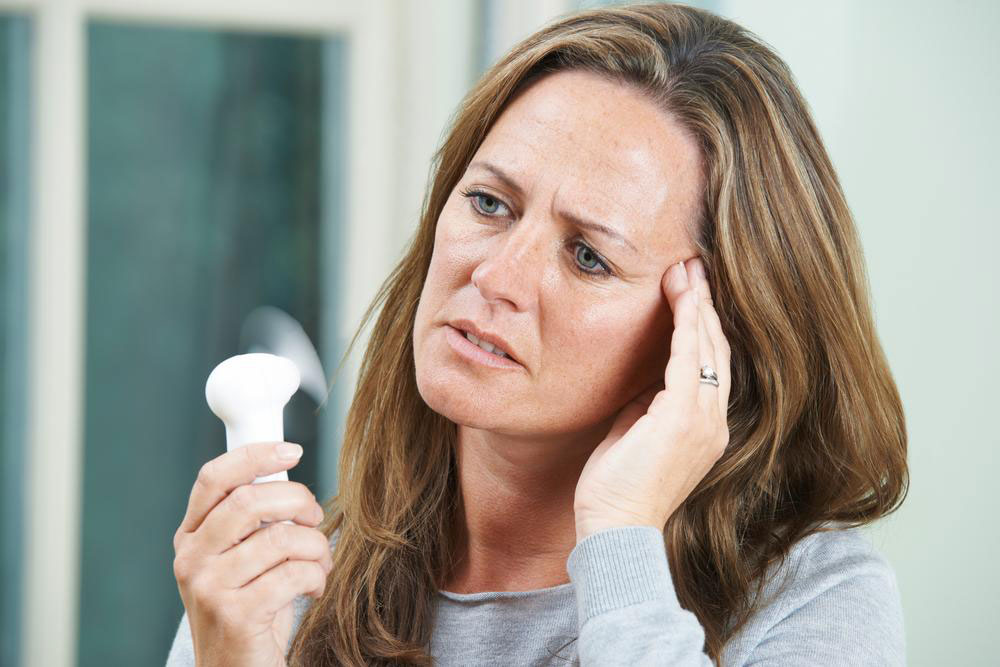Menopause: An overview
Menopause is neither a disease nor a symptom of one. It is a very natural process in the life of woman. When a girl is born, she does so with a finite number of oocytes or female egg cells or ova distributed in the two ovaries she is born with. At Menarche, she undergoes hormonal changes and these ova start developing into mature female cells. Each month an ovum matures in an ovary and gets thrown out.

The cycle
The beginning of this cyclic process is called menarche. The cessation of this process is menopause. Menopause just like menarche is a slow process and may take a few years. Menopause is actually the release the very last of the ova. It can be ascertained as the very last only by time and it is the convention that if a woman had no menstruation for a whole year she has menopaused. Menopause is otherwise called the climacteric and typically happens between 49 and 52 years of age.
What happens during menopause?
Menopause is, also like menarche, brought about by a gradual production of new hormones and their stabilization. This is a very complicated and cyclical process. That is why it is called menstrual cycle. The decline of their production is a slow process and often than not produces uncomfortable symptoms. The age at which menopause happens, the duration it takes, the symptoms and their severity all varies from person to person. The set of symptoms are often common enough to be called a menopausal syndrome. The common elements of this syndrome are a gradually the interval between periods and the amount of flow both becomes highly irregular. During this, women often experience hot flashes of varying intensity and duration. Generally, these hot flashes last anywhere between 30 seconds to 10 minutes. These episodes may be associated with shivering, sweating along with reddening of skin as well. These symptoms gradually subside and disappear in a matter of a year or two.
Menopause can happen earlier in smokers, those who had certain chemotherapy, hysterectomy, and bilateral oophorectomy (uterus removal and removal of both ovary). Recent studies show that the fitter women are, the lesser trouble they have with some symptoms.


